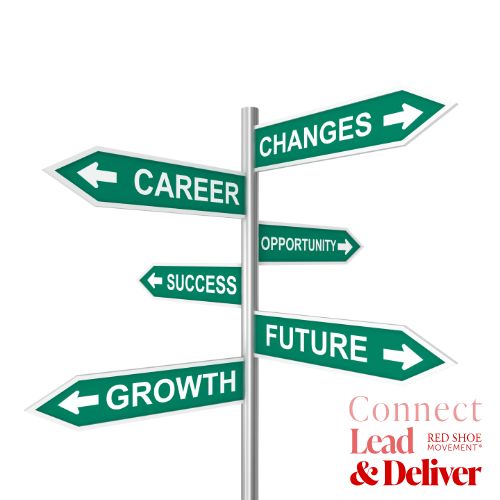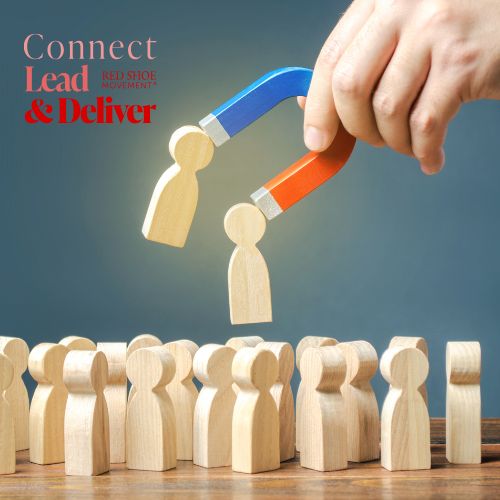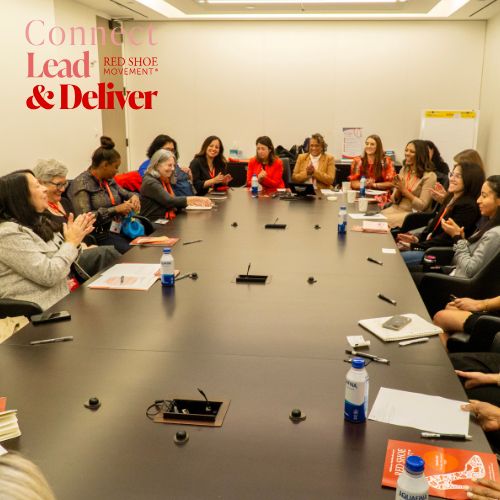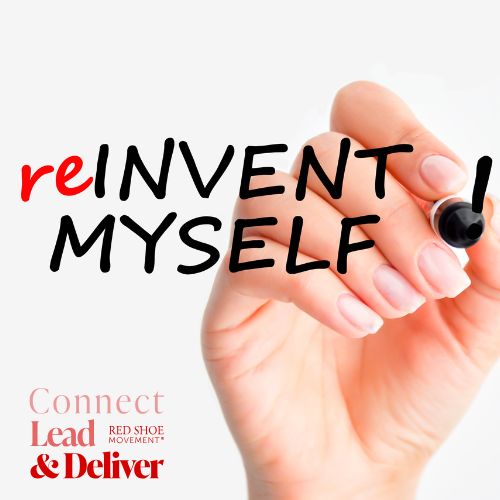Understanding the meaning of global citizenship and how to be a global citizen is becoming increasingly important. Not just in the world of business, where some companies have become more aware of their social responsibilities, but in the way new generations are taught to understand the world, how they interact with it, and how they impact it. Economic, cultural, technological, and environmental global trends mean that we must understand how interconnected we are and find ways to engage in effective global citizenship and problem solving.
But what is global citizenship? How to be a global citizen? And why is it important?
Global competence requires a real and ongoing awareness of the world we live in. A willingness to step out of our own experiences to learn about and respectfully connect with different cultures. To educate ourselves on global issues, making it a long-term commitment, and seeking out educators and environmentalists from other countries, cultures, and backgrounds on social media and other platforms.
Nomadism and The Digital Nomad Lifestyle
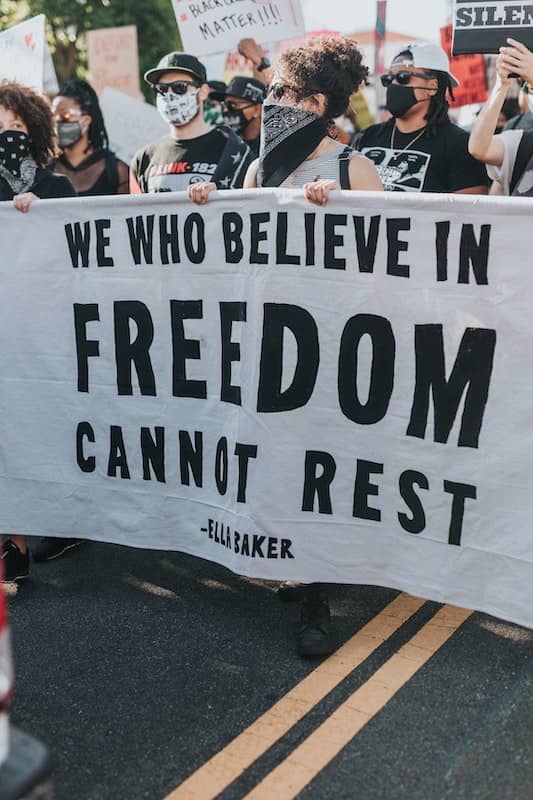
What is global citizenship and what does it mean to be a global citizen?
According to the United Nations, global citizenship is an “umbrella term for social, political, environmental, and economic actions of globally minded individuals and communities on a worldwide scale. The term can refer to the belief that individuals are members of multiple, diverse, local, and non-local networks rather than single actors affecting isolated societies.”
Oxfam defines Global Citizens as people who are: aware of world issues and have a sense of their own role in this world; respect and value diversity; understand how the world works; are passionately committed to social justice; participate in the community locally and globally; work with others to make the world a more equitable and sustainable place; and take responsibility for their actions.
Definitions may differ, but the general idea seems to be that people have a civic responsibility to be aware of challenges being faced globally and to build a more sustainable and equitable planet. Choosing “not to engage” or unplugging completely from issues that don’t directly affect us might seem like the easiest road, but that doesn’t make it the right one. An awareness of the very real impact of climate change can, for example, help people understand that entire communities are being already affected by something far more urgent than people who still see it as a future problem can imagine.
Global citizenship and global competence are so important moving forward that they have become a vital part of how young people are prepared to deal with the growing and changing demands of a globally connected and disconnected world. Through programs like UNESCO’S Global Citizen Education (GCED)and initiatives like Global Citizen Year and Global Citizenship Foundation – which focuses on achieving the United Nations’ Sustainable Development Goal 4.7 (Education for global citizenship and sustainable development).
Lateral Thinking: Find More Innovative Solutions Faster!
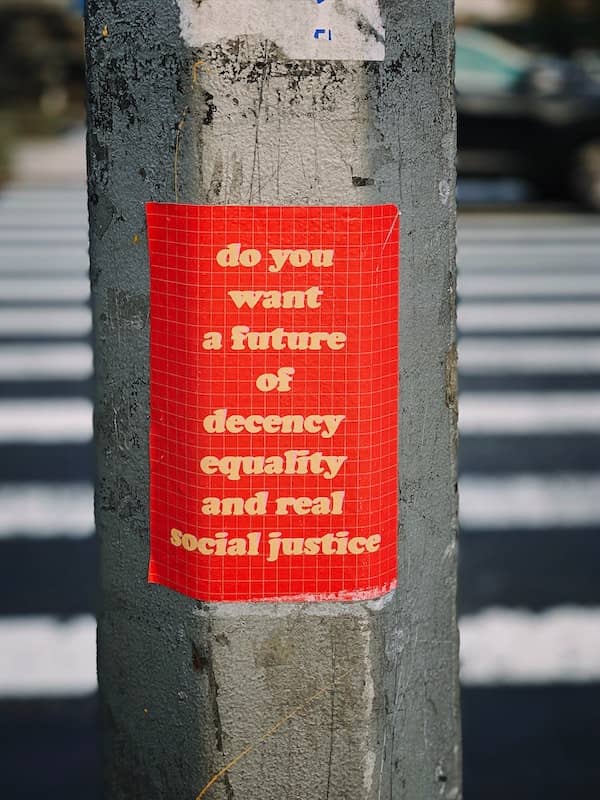
What Does Global Competence Mean?
Global citizenship and being a global citizen require a certain global competence. Veronica Boix Mansilla and Anthony Jackson on Educating for Global Competence: Preparing Our Youth to Engage the World define it as: “the capacity and disposition to understand and act on issues of global significance.” They add that globally competent individuals are “aware, curious, and interested in learning about the world and how it works.”
But it’s not just about knowing, global competence will require people to act. A globally competent citizen is a critical thinker with a real awareness of the influences of culture on individual behavior and world events. They take knowledge and engage in these challenges with empathy, critical thinking, and a nuanced understanding of the diverse and culturally relevant views regarding each individual global challenge faced.
On the matter of education, the Center of Global Education (CGE) at Asia Society says that “success in career and life will depend on global competence, because career and life will play out on the global stage.” With a call for government, business, and cultural institutions to cooperate in solving the world’s problems by acting and making a difference in matters such as environmental issues, economic shifts, global poverty, hunger, population growth, violation of human rights, and political conflict.
Women Traveling Solo, What You Should Know
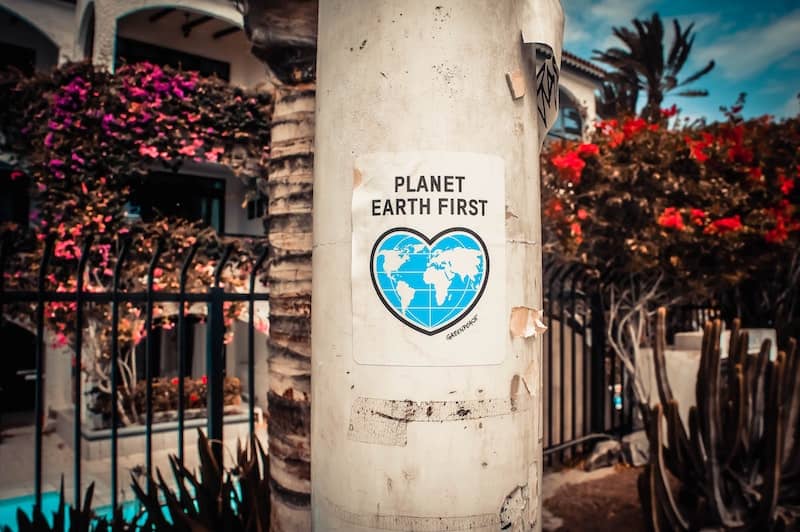
How Do I Become a Global Citizen?
The Global Citizen Initiative states that living in a hyper-connected and interdependent world means that global citizens have an added layer of responsibility. These responsibilities include:
- Understanding the peoples and countries of the world are inter-connected and interdependent.
- Understanding global issues like the distribution of wealth and human rights violations in ours and other countries.
- Understanding the different perspectives on global issues, both when it comes to other peoples’ and our own.
- The responsibility to advocate for having our countries sign outstanding global agreements.
- The responsibility to promote and advocate for greater international cooperation between our countries.
- The responsibility to adopt lifestyles reflecting a commitment to build a sustainable planet and respect the world’s cultural diversity.
Global citizens must keep an open mind, making a real effort to understand where others are coming from and reading up to make sure that their own opinions on the matter have considered important and specific cultural standpoints and approach them with compassion and respect. They are respectful of cultural diversity and human rights and feel responsible for their impact in a world where they work to make a change.
In fact, global citizenship and being a global citizen is an ongoing process and requires some commitment as the world and its immediate needs continue to shift. Try to make greener choices, stay informed, volunteer your time locally, learn a new language, meet, and talk to people with different experiences. Keep learning about global issues like food waste and global hunger, and find out what you can do to support, create awareness, and educate.



























